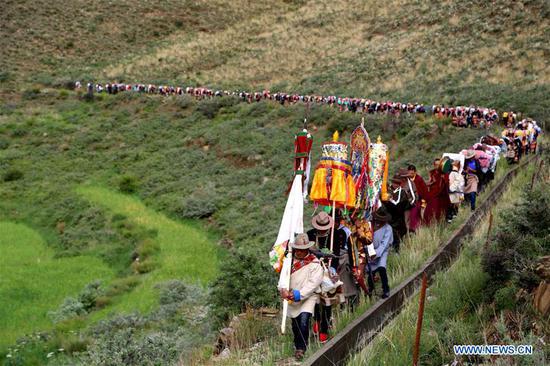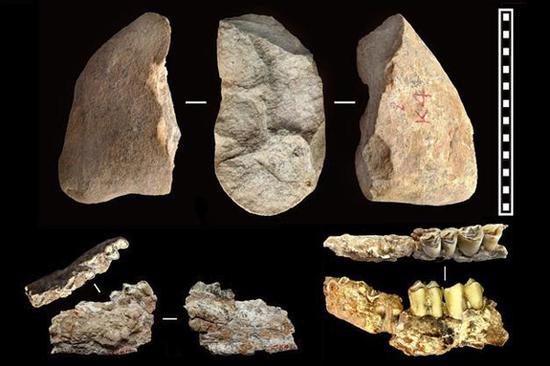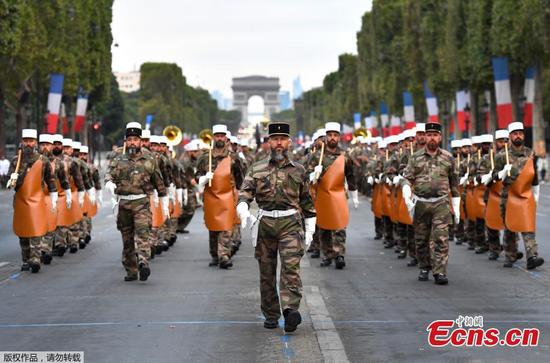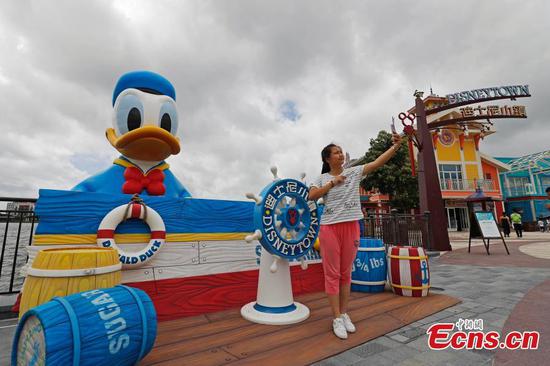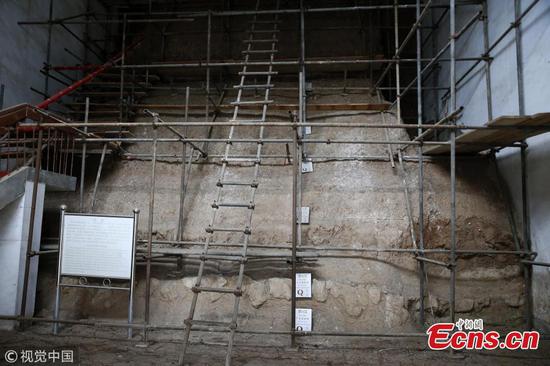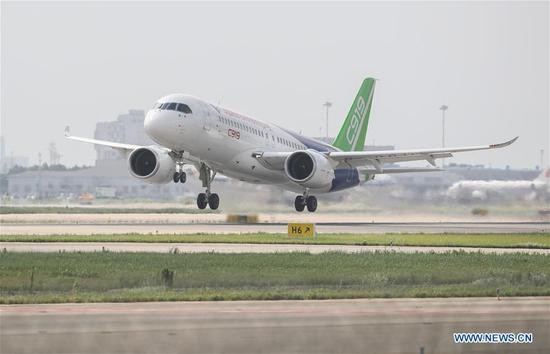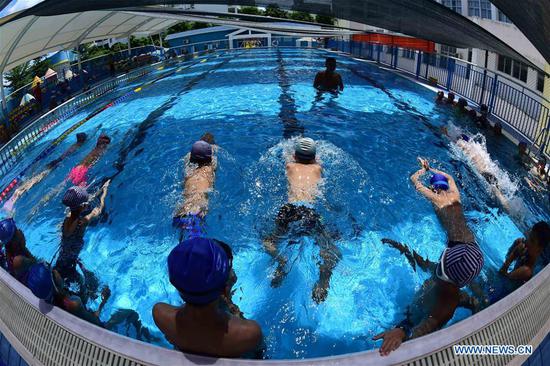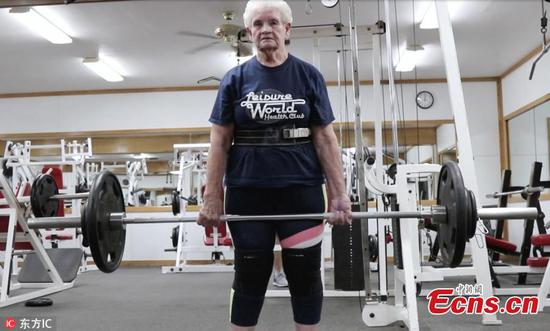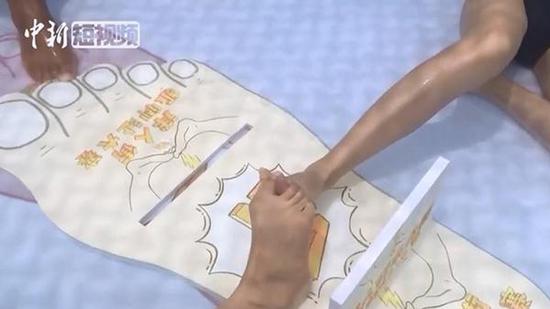Time off is even more important than money in overall satisfaction
The amount of time Chinese people spent engaged in leisure activities decreased to 2.27 hours per day on average in 2017 from 2.55 hours three years ago, mainly due to busier work routines and a nonuniform system of paid vacation, according to a report released on Friday.
Residents in four first-tier cities - Shenzhen, Guangzhou, Shanghai and Beijing - saw the least daily leisure time nationwide: 1.94, 2.04, 2.14 and 2.25 hours, respectively, nearly half that of the United States, Germany and the United Kingdom, the report said.
The Green Book of China's Leisure, jointly compiled by the National Academy of Economic Strategy and Tourism Research Center of the Chinese Academy of Social Sciences, is the sixth report to focus on leisure behavior in China since 2009.
The report said leisure activity is the key to quality of life and overall happiness - even more important than income level.
Song Rui, director of the research center, said that large gaps exist between different groups in terms of time spent in leisure activities - and the fact that a paid vacation standard has not yet been fully instituted nationwide is complicating matters.
"Thus, most people choose to take part in leisure activities only during legal holidays, placing logistical burdens on popular tourism venues," she said. "Legal holidays such as Spring Festival and May Day only take up about 8 percent of a calendar year, but domestic visits seen at key tourist attractions during these holidays accounted for more than 32 percent of annual visits in 2016."
Data compiled from 2,552 respondents nationwide by the research center in 2017 also showed that 40.1 percent do not have two consecutive days off per week on a regular basis.
"Raising the leisure development campaign to the status of a State-level strategy and deepening industry reforms - as well as perfecting the paid-leave system - will greatly improve the lives of the Chinese people," Song said.












